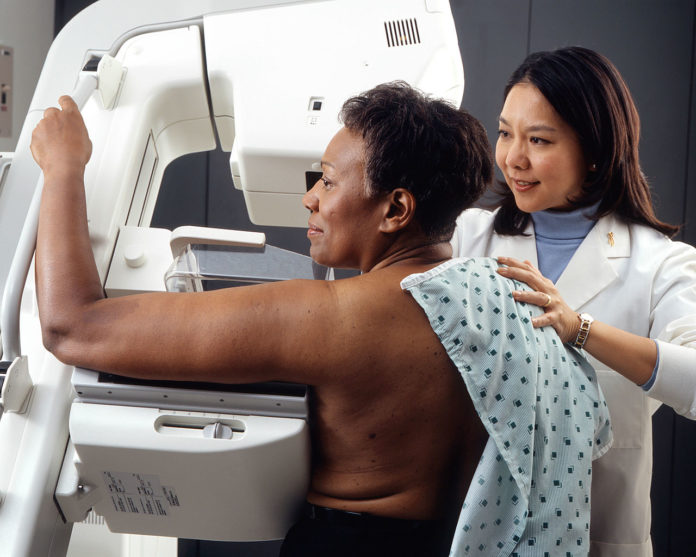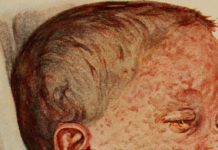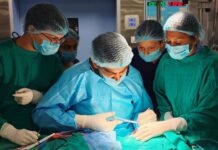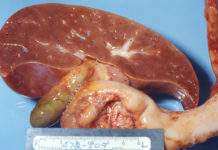
Women who undergo breast screening have a greater benefit from treatments than those who are not screened
A research conducted in Sweden, concluded that women who participated in an breast cancer screening programme had a 60 per cent lower risk of dying from breast cancer within 10 years after diagnosis, and a 47 per cent lower risk of dying from breast cancer within 20 years after diagnosis.
The research, involved more than 50,000 breast cancer patients.
Robert Smith who is the co-author of the study and vice president for cancer screening at the American Cancer Society, said, “The advantage of screening is that it offers a woman, if she develops breast cancer, the opportunity to treat that cancer early when the treatment can be less aggressive and when she has more treatment choices.”
While the findings may seem obvious, the effect of mammograms on survival is something that’s been debated in recent years.
The study was co-authored and funded by the American Cancer Society and appears in the American Cancer Society’s peer-reviewed journal Cancer.
While the findings may seem obvious, the effect of mammograms on survival is something that’s been debated in recent years.
The researchers said that for each breast cancer death prevented by screening, a woman will gain an average of 16.5 life-years and be spared the terminal stages of the disease.
“Our results, from precise, individual‐based data covering six decades, should provide women and their physicians with reassurance that participating in regular, high‐quality mammography screening is the best way to reduce the risk of a premature death from breast cancer,” the researchers concluded.
Senior author Professor Stephen Duffy from Queen Mary’s Wolfson Institute of Preventive Medicine said: “Recent improvements in treatments have led to reduced deaths from breast cancer. However, these new results demonstrate the vital role that screening also has to play, giving women a much greater benefit from modern treatments. We need to ensure that participation in breast screening programmes improves, especially in socio-economically deprived areas.”













